*Content Warning*
Victims of sexual assault do not fit into the same category. We're not all young, pretty women. Sure, some of us are, but that stereotype needs to be buried along with rape culture. We did not ask for this. It is not our fault. It was not random. According to the Rape, Abuse, and Incest National Network, 1 out of 6 women and 1 out of 33 men have been sexually assaulted. These statistics increase on college campuses. Male students are 78% more likely than non-students of the same age to be a victim of rape or sexual assault. However, female students are 20% less likely than non-students of the same age to be a victim of rape or sexual assault.
But what about people who identify as LGBTQ+? According to a study administered by the Centers for Disease Control and Prevention, 46% of bisexual women have been raped, compared to 17% of heterosexual women and 13% of lesbians. 22% of bisexual women have been raped by an intimate partner, compared to 9% of heterosexual women. 40% of gay men and 47% of bisexual men have experienced sexual violence other than rape, compared to 21% of heterosexual men. Why does this happen to the community? It's because society both hypersexualizes LGBTQ+ people and stigmatizes our relationships, creating internalized homophobia and shame within closeted folks. The internalized homophobia and shame can lead to intimate partner violence.
We need to eliminate rape culture. According to Marshall University, we can help combat rape culture by avoiding using language that objectifies or degrades women, speaking out if you hear someone else making an offensive joke or trivializing rape, think critically about the media’s messages about women, men, relationships, and violence, be respectful of others’ physical space even in casual situations, always communicate with sexual partners and do not assume consent, define your own manhood or womanhood, do not let stereotypes shape your actions, and most importantly, if a friend says they have been raped, take them seriously and be supportive.
To the survivors, male, female, non-binary, straight, gay, bisexual, pansexual, I have a few words to say:
You are loved.
It's okay to not feel okay.
You did not deserve it.
You survived.
Recovery is a lengthy process, and you're allowed to feel shitty during it. Please do not shame yourself over something that happened already. Yes, you might feel dirty. Yes, you might feel shame. Yes, you might feel guilty. But defining yourself with those words doesn't help recovery. It'll take time. Sometimes time sucks, but without it, we would never be able to heal.




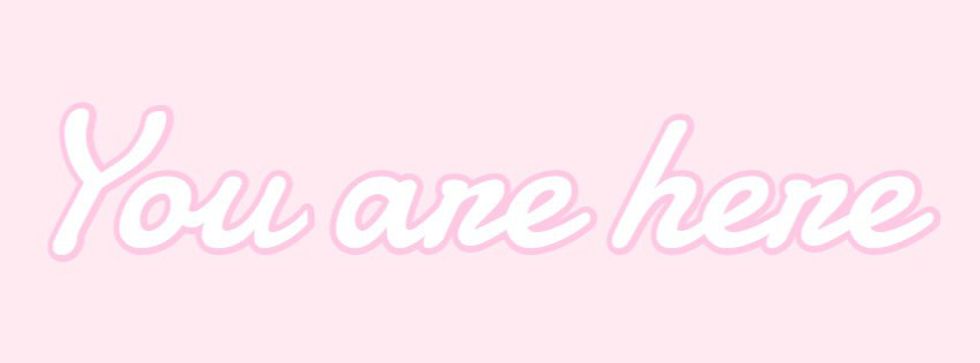

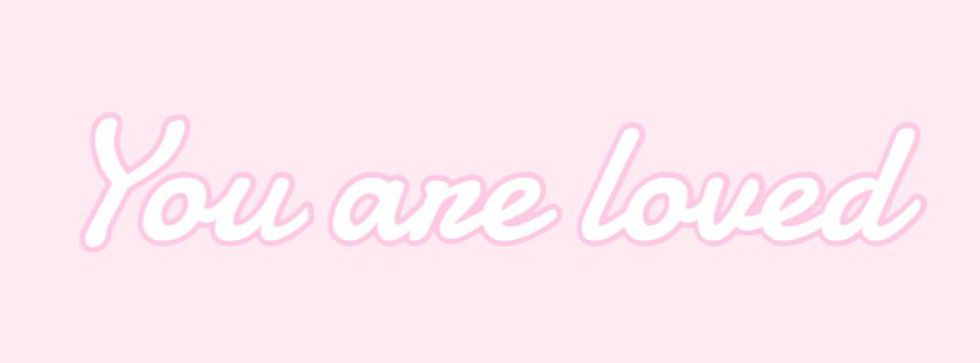
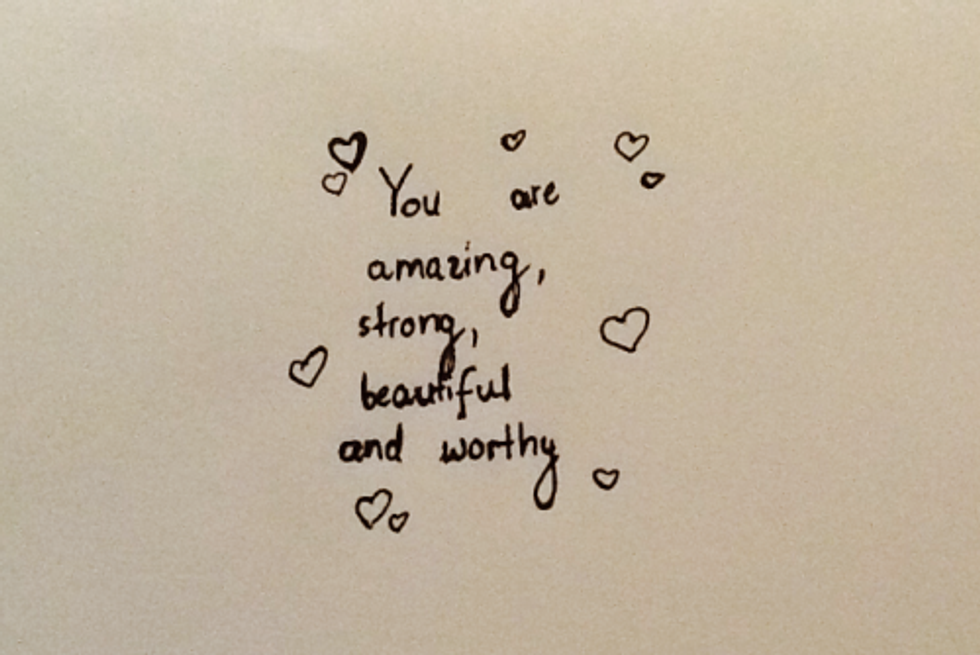
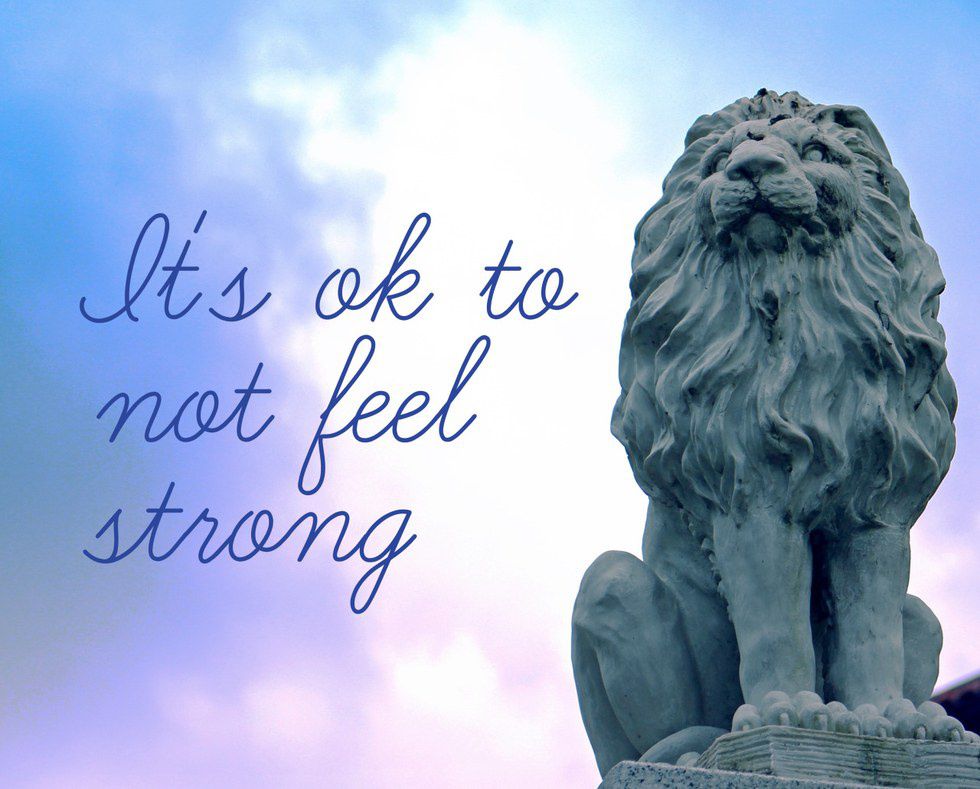
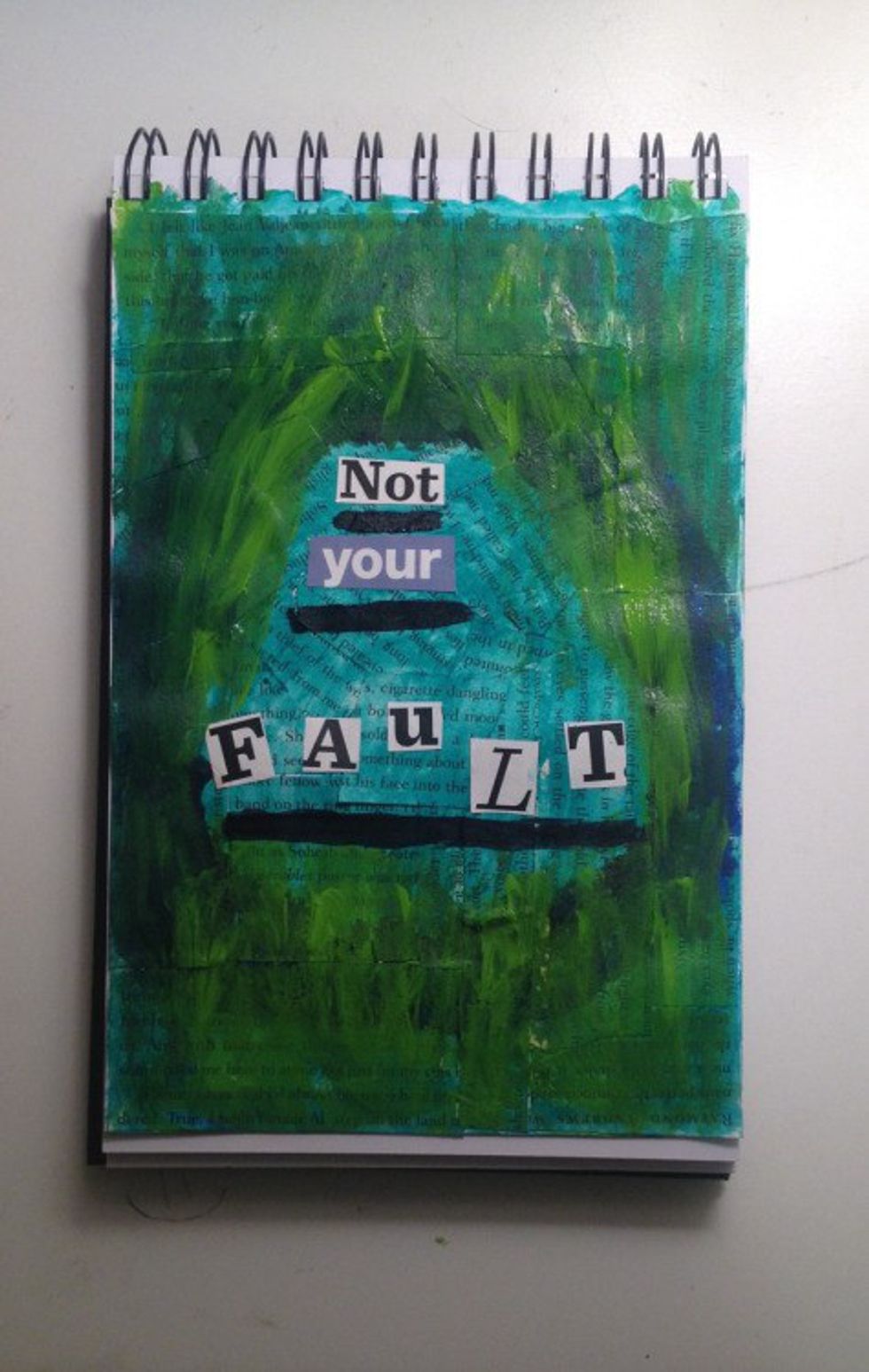


 Photo by
Photo by 












